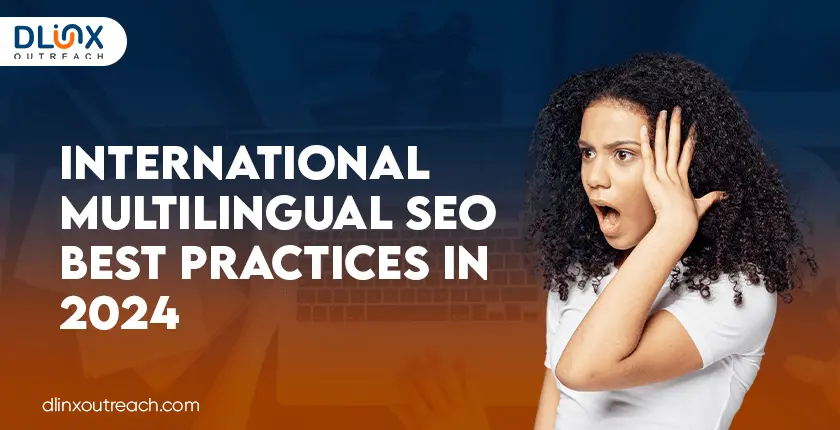The race to get the top position in the search engine result pages is very competitive and tough. It requires enormous, well-directed, focused, SEO-optimized and consistent efforts to get to the top of the SERPs.
People often get frustrated by these time-consuming and tiresome efforts and adopt malicious practices to achieve the ranking. Google is very strict against all such practices that try to trick its ranking process.
Google has published its website guidelines, which are a must to abide. Any deviation from these leads to penalties. Depending upon the severity of the action, Google decides its penalties. It can either lower your ranking or completely take it down.
Once you are hit by the Google crawlers, it’s very hard to reach the same level again, even though Google gives you to option to take action.
Let’s dive deep into the topic at hand and learn something new.
What is Google Penalties
Google, being the biggest tech giant shares more than 90% of the market share. So, it has published its guidelines for the webmaster. So, any platform that tries to trick the Google ranking process, has to face the backlash from mighty Google.
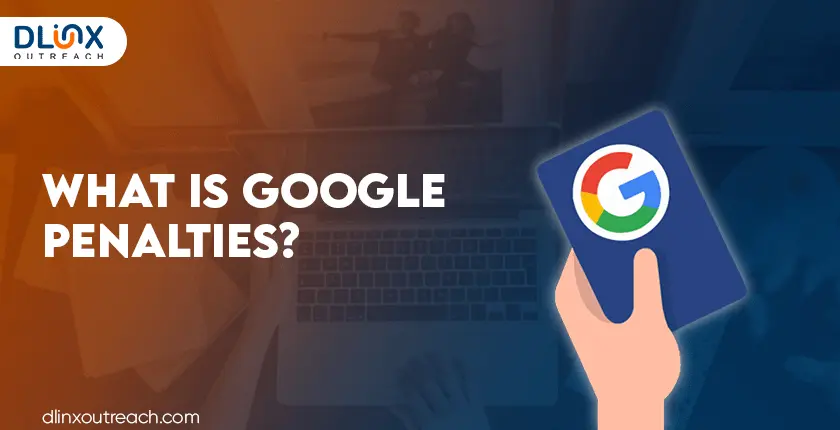
Tricking Google is not that easy, as it has very strong algorithms to check all malicious activities, but there are still some websites that somehow manage to escape. That’s the reason Google keeps on updating its algorithms.
The activities that fall in the category of illegal activities are buying backlinks, plagiarizing content, stuffing keywords, cloaking, buying traffic, etc.,
Types of Google Penalties
There are two types of Google penalties that are algorithm and manual.
Algorithms Penalties
As said earlier Google has developed strong algorithms that scan every website in the world to find anything against the quality standard. There are two types of algorithm penalties.
- Penguin Penalty. If you use unfair means like buying links and PBNs to manipulate the ranking in the SERPs then the Google algorithm will send you a Penguin Penalty. So, the links from irrelevant, spammy and malicious websites fall into this penalty.
- Panda Penalty: If you have plagiarized, thin, duplicate and keyword-stuffed content, then you will suffer from Panda penalty. So, produce genuine and organic content to avoid such penalties.
Manual Penalties
Google does not solely rely on its algorithms, rather its quality team also manually reviews the quality of a website. So, if a platform is found to violate the guidelines by a greater margin, then this penalty may come into play.
Following are some of the causes of these penalties and how to fix them.
1. Low Quality Content
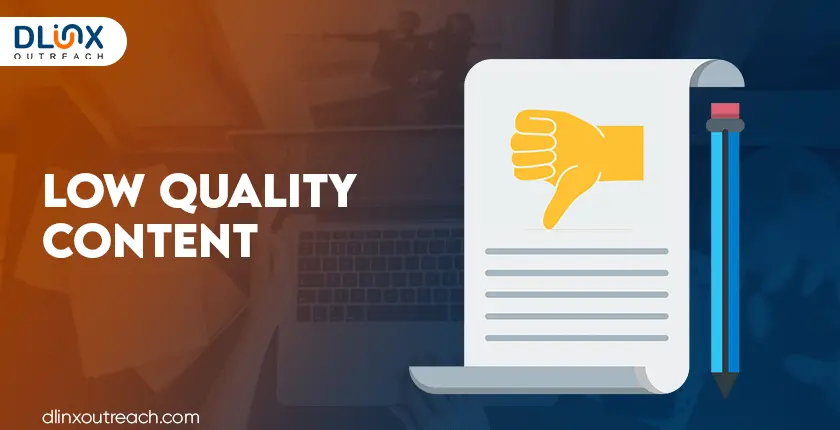
Content is the backbone of your ranking process. If you have used bots to generate content that lacks the effectiveness of your content. Similarly, if you have produced content from AI or have copy-pasted it from any other site, then you deserve the penalization. Such content is easily detectable and they are of no use in the digital world.
How to Fix
- Remove all duplicate, plagiarized and thin content and replace it with genuine, relevant and organic content.
- You may use different SEO tools to check the quality of your content.
- After doing this submit a reconsideration request to Google.
Read Also: Why Content Writing Is Important for SEO?
2. Cloaking

Cloaking is showing different pages to Google and its users. It is like Google is seeing different pages for assessment and users are directed to a different page. Sometimes CMS plugins may cause this kind of sneaky redirects. Cloaking may also happen for the images.
How to Fix
- Google search console can be used to see what has been shown to Google.
- If found different than the users, then remove any redirects that are sending users to other pages.
- After fixing, send a reconsideration email to Google.
3. User Generated Content
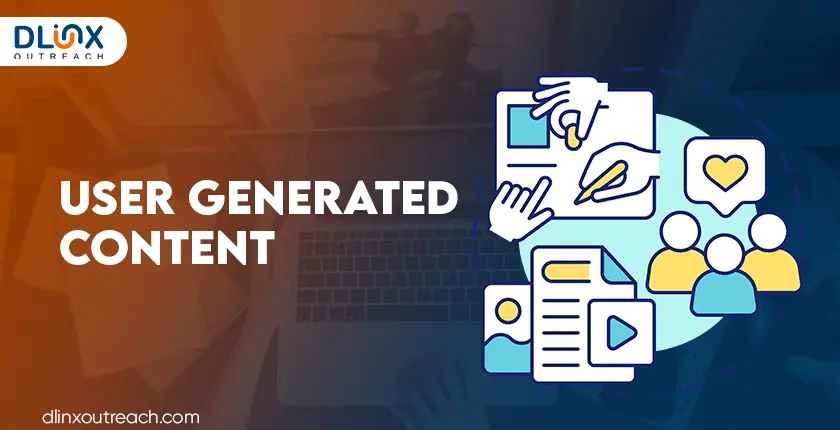
Most of the websites offer user to comment on their blogs, articles or products. So, users often find it a good opportunity to publish their links. Sometimes these links are spammy and can lead to a penalty.
How to Fix
- First tag all such user sections as “no-follow”, which helps Google to not consider anything from this section for ranking.
- If you have not or do not want to do that then keep auditing your website from time to time.
- Try to find the unusual words in those links like, won a lottery, Viagra, porn, or things like that, as they are common words in the spammy links.
- Remove these links immediately and then let the google know that you have taken the action and ask them to reconsider.
Also Read: 40 SEO Tips to Boost Your Sales Up To 100%.
4. AMP Optimization
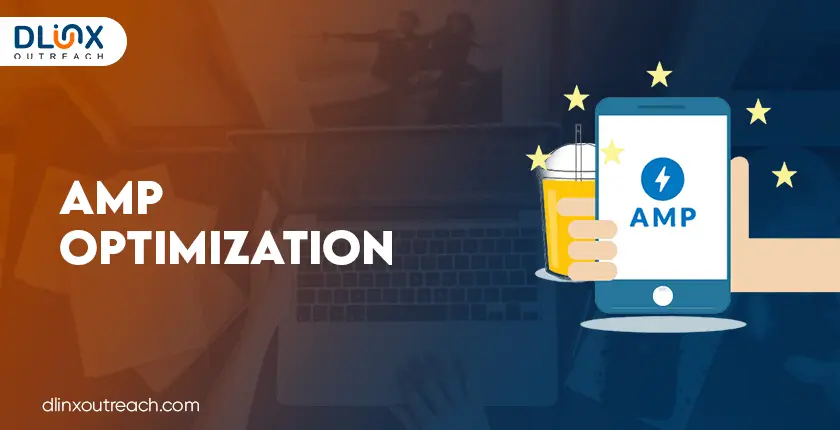
Accelerated Mobile Pages is an HTML open-source code that gauges the performance of a website on mobiles. These parameters have taken attention since Google decided to penalize those websites that are not mobile-optimized. So, if your canonical and AMP versions are different then it might be penalized.
How to Fix
- Try to use SEO tools to differentiate both versions.
- If there is a difference, then try to amend them.
- Use the Search Console and in the Security and Manual Action section, find the manual tab. Use this to request Google to review.
5. Free Host Spams
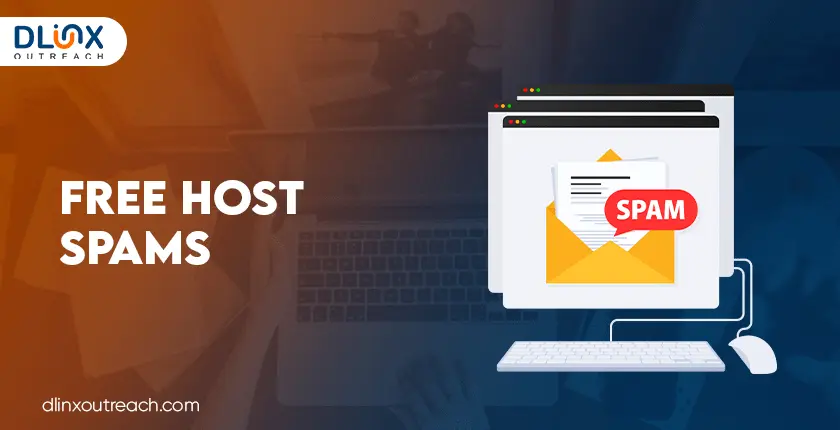
There is nothing free in this world. Most of the free host services display ads on your websites. These ads are spongy, unrelated, and detrimental to your ranking. Google may take action against such websites that are publishing irrelevant ads.
How to Fix
- Use a proper hosting service and then request Google for reconsideration.
Read Also: Why SEO Is Important For Business?
6. Data Structuring Issue
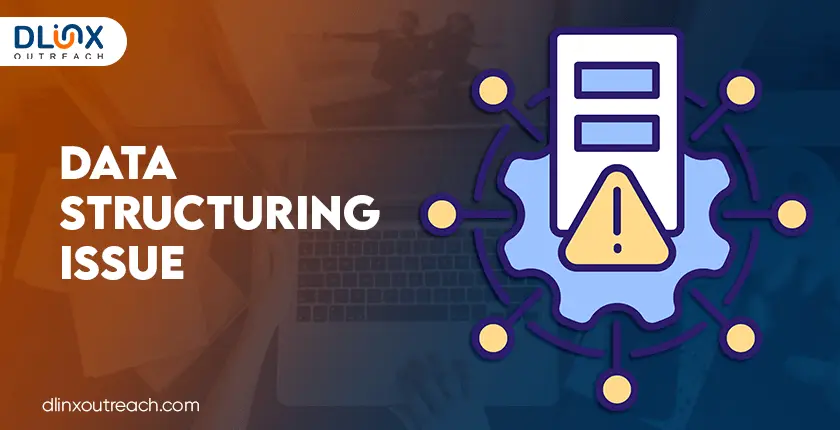
Google has published its guidelines for markup content, which when violated leads to irrelevant content, which reduces the user experience and less user experience may affect your ranking. Google also takes action against such practices.
How to Fix
- Audit your markup and then follow Google’s guidelines to alter them.
- Then submit a request for reconsideration.
7. Spammy Links
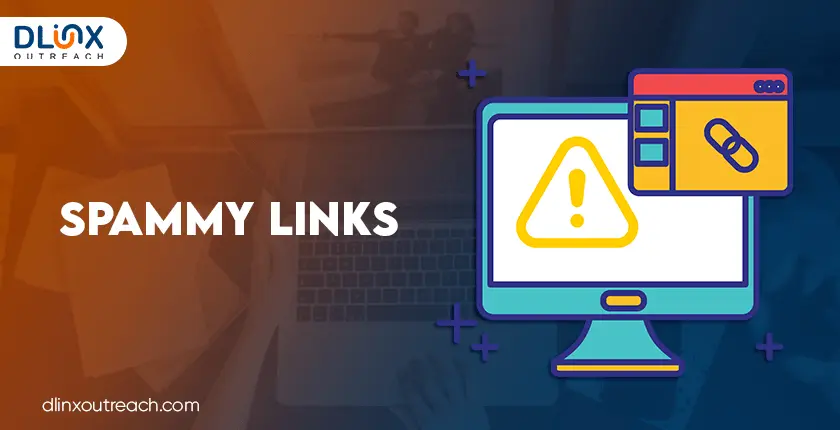
Buying links is quite common among SEO experts to get a quick flux of traffic. Make your content so worthy that your peers love to link to you. Google is very strict against buying links. Most of these links are coming from porn, gaming, and betting sites, which are cheap and irrelevant.
Google will penalize such websites if found guilty of this. The same is also applicable to the links from your website. If you are providing too many links to a single website quite often, then Google will also take action against you.
How to Fix
- Check all the links to and from your websites using SEO tools.
- Check your spam score, which indicates the spammy links.
- Remove all such links or disown them by tagging them as no-follow.
- Submit a reconsideration appeal.
8. Policy Violation Content.
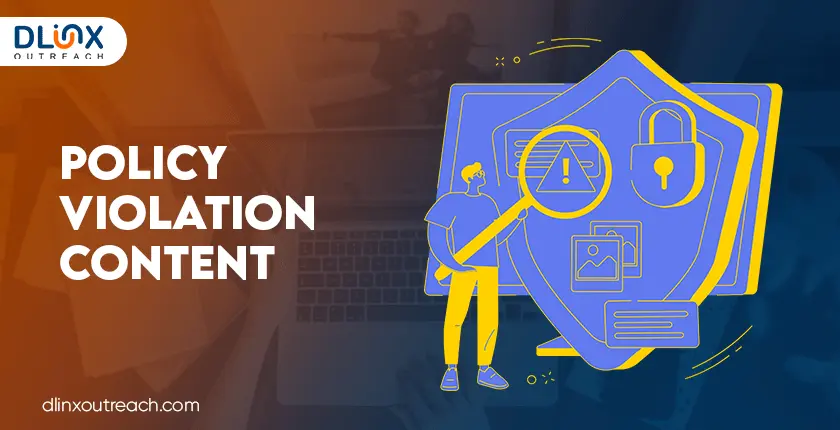
Google has strictly prohibited;
- Content on nudity, sexuality, and exploitation.
- Content that can harm someone or motivate someone to hate crime.
- Content that falls under the category of harassment, bullying, and threatening.
- Content that spreads fake and self-created news about anything.
- Content that is totally against medical practices and proven procedures, leading to an accident.
- Content that is related to any terrorist activity like recruiting and promoting terrorism.
- Content that glorifies violence and hate.
- Content using vulgar language and spreading hate speech.
- Content that promotes gender discrimination.
How to Fix
- Remove all such content from your website.
- Use the Google search console to request a review by honestly informing the detailed actions you have taken to improve your content.
- Google will review your website and might revoke the action.
Read Also: Why Is Content-Based Link-Building Effective?
Conclusion
Since the evolution of the digital world, the race for the top position in the SERPs has become very competitive and merciless. People want to appear at the top, as soon as they create their website, which forces them to take advantage of unethical and illegal actions to trick the ranking process.
Google is very clear on its policy to curb all such activities and penalize those who try to use them. It takes server actions that could lower your ranking and in some cases completely take down your website.
Following is a summary of the causes of penalties and how to fix them.
- Google takes serious action if your content is duplicate, copy-pasted, plagiarized, AI-based, and thin. You can replace such content with genuine, organic, and relevant content and then request for review.
- Google will take action if you are getting and providing irrelevant and spammy links. Tag all such links no-follow and then file an appeal for reconsideration.
- Google will rake action if you are getting spammy links from user-generated content. So tag them as no-follow and ask for a review.
- Keep checking the cloaking of your websites and remove all such redirects that are leading users and Google to different pages. Remove such links and then ask for a review of the penalty.
- Google can also take action against markups if they are according to the guidelines. So follow the guidelines and then appeal for reconsideration.
- Free hosts can also be a source of penalty as they might run spammy ads on your website. So try to switch to some authentic CMS and then ask for a review.
- Google takes severe action against adult content, content spreading hate, sexuality, violence, gender discrimination and terrorism. So, remove all such negative content from your website and then ask for a review.
So, one needs to optimize its website to avoid all such penalties, which is not an easy task. It requires a deep knowledge of technical and on-page and off-page SEO. Dlinx Outreach is an SEO agency that has a deep knowledge of optimizing your website to avoid penalties.
Our practices are based on legal activities that help you achieve a good ranking. Please feel free to contact us for further information.
Frequently Asked Questions
Q1: What are the types of penalties?
Q2: How to avoid penalties?
Q3: How to avoid penalties caused by the AMP Optimization.
Q4: What are the reasons for policy-related penalties?
Q5: How can Dlinx help to avoid penalties?





